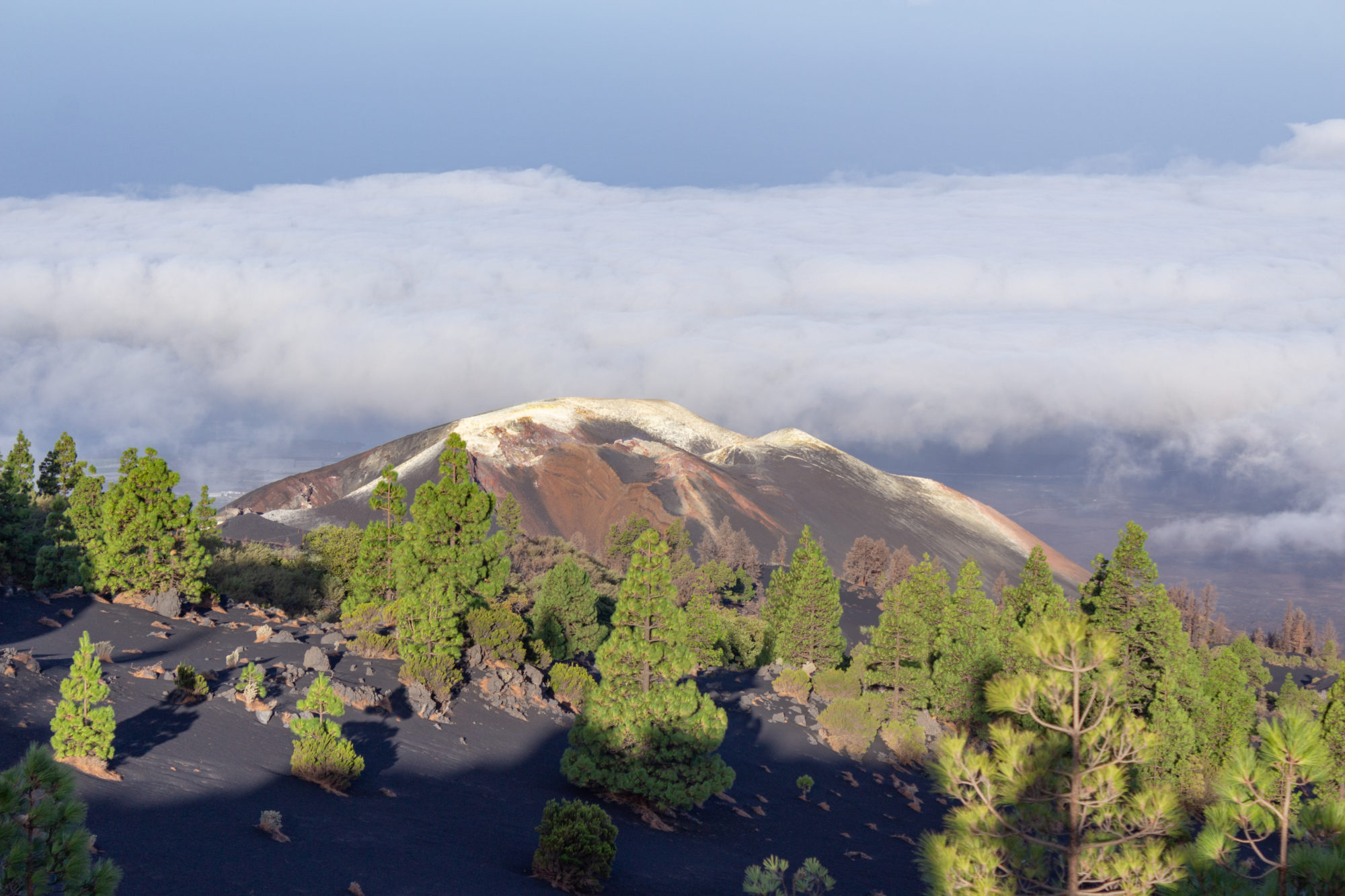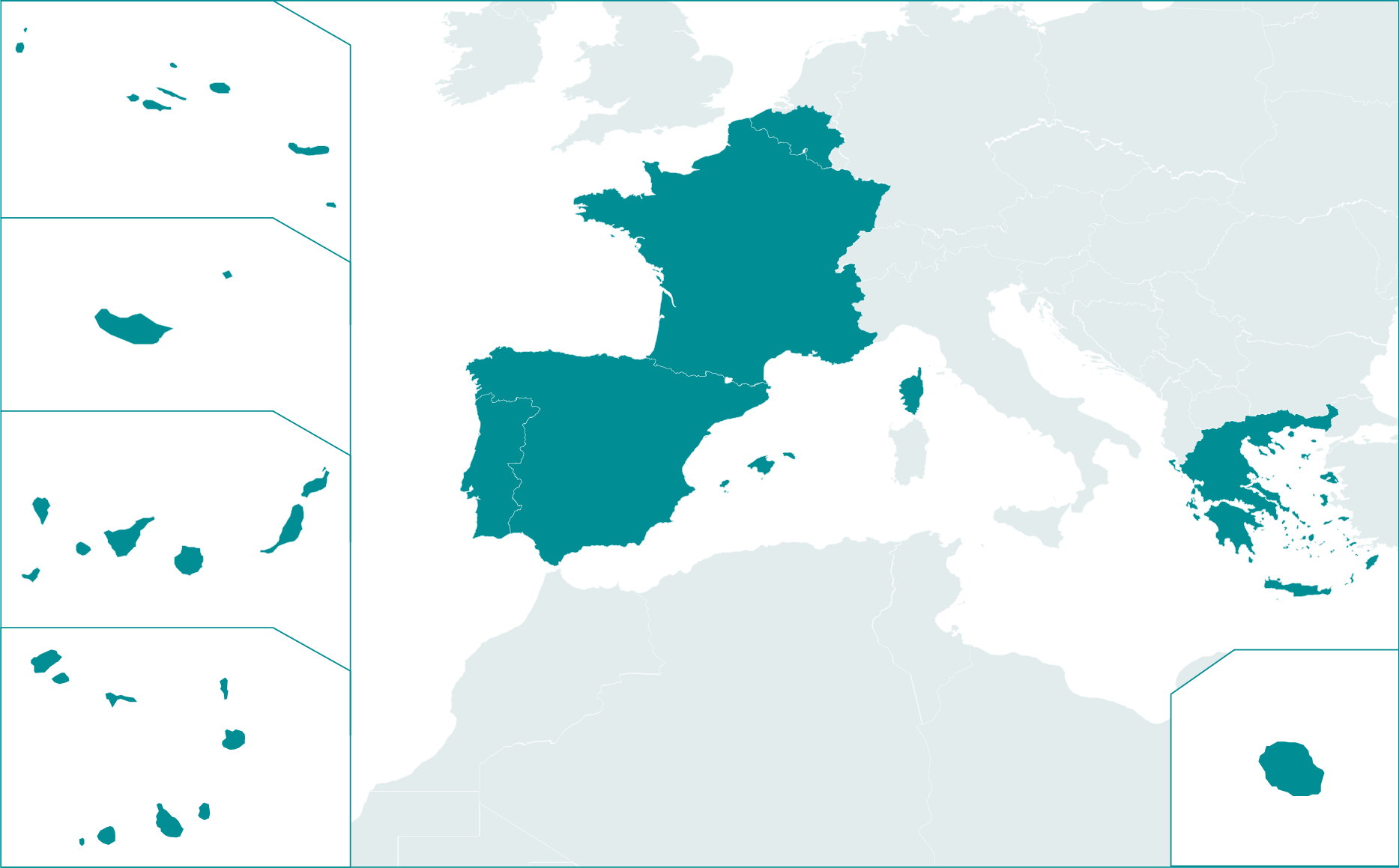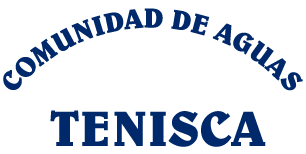Project’s Objectives
Due to the small area of many islands the amount of freshwater is limited, and it is particularly influenced by dynamic processes. In the islands of Macaronesia, any change in the climate conditions can have more severe negative effects on the available freshwater volume than in a continental environment, therefore, the protection of critical water infrastructure is one of the highest priorities.
1. Develop and Implement Innovative Nature-Based Solutions (NbS): GENESIS will test and push the limits of innovative solutions such as dry gallery and underground dike-impounded dam systems in Macaronesia, combining them with advanced techniques like rainwater harvesting and wetland restoration.
2. Investigate Non-Linear Interactions and Develop New Adaptation Strategies: The project aims to understand how synergistic interactions between diverse NbS can provide new strategies for adaptation management and resilience building against climate change impacts on water resources and critical water infrastructure.
3. Implement and Evaluate Nine Large-Scale Demonstrators: GENESIS will implement and evaluate the performance of nine innovative NbS demonstrators across the islands of La Palma, Gran Canaria, El Hierro (Canary Islands), Faial (Azores), Madeira, and Santiago (Cape Verde), to better understand how nature can be harnessed to combat climate change impacts on critical water infrastructure.
4. Expand Water Storage Capacity and Benefit Local Communities: The project aims to capture and recover more than 10 hm³ of stormwater runoff during the initial stages and expand underground water reservoir storage capacity to more than 50 hm³ per year across the Macaronesia region, ensuring a sustainable water supply for irrigation and directly benefiting approximately 35,000 residents.
Map of Actors
Local Communities
Farmers
Owners/Shareholders
Governmental authorities
Technicians
Expected outcomes
Island communities (globally and within EU) are at a multiple disadvantage when struggling to cope with the management of their groundwater resources. They are “off the grid” and drinking water is often provided by small operators that lack the resources to develop efficient management strategies. This is especially true in Europe’s Outermost Regions that are very far from the mainland. GENESIS will:
- Fully integrate the islands of Macaronesia in mainstream hydrogeology research and innovation activities with the help of case studies and the setting up of long-lasting professional networks.
- Use the characteristics of these islands to deliver significant contributions to the advancement of NbS use for more reliable critical water infrastructure management within the EU and globally.
- Demonstrate a combination of innovative measures supporting resilience and security of water supply that other volcanic islands and remote communities could easily replicate.
The cumulative impact will be a significant contribution to the protection of groundwater-based water infrastructures against threats induced by anthropogenic activities and climate change.

















